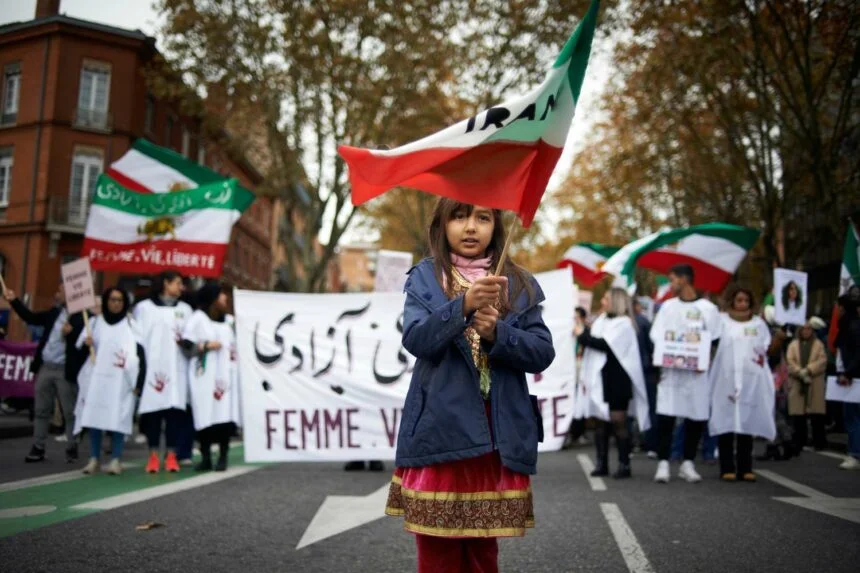After being found guilty of “moharebeh,” or “enmity against God,” after what rights groups criticised as a sham trial, Mohsen Shekari, 23, was executed on Thursday which led to international outrage and threats that further crucifixions would soon follow. According to the judiciary, Shekari was detained after he blocked a thoroughfare in Tehran and attacked a Basij paramilitary fighter affiliated with the potent Islamic Revolutionary Guard Corps with a blade, inflicting a wound.
In response to the protests that erupted over Mahsa Amini’s death on September 16—following her imprisonment for allegedly breaking the nation’s strict dress code for women—the Islamic Republic declared late on Thursday that it was acting with “utmost moderation.”
Broad sanctions were imposed by Britain on Friday against 30 targets around the world, including Iranian officials who it alleged of enforcing “egregious penalties” against dissidents.
According to European diplomats, the EU also planned to slap extra penalties on Iran for supplying drones to Russia and suppressing protests.
The official approval of the penalties is anticipated from the foreign ministers meeting on Monday in Brussels.
Amnesty International expressed its “horror” at Shekari’s death on Thursday, which came after a “grossly unfair sham trial.”
Iran Human Rights (IHR) director Mahmood Amiry-Moghaddam stated that “Shekari was hanged after a hurried and unjust trial without a counsel.”
According to the 1500tasvir social media monitoring service, Shekari’s body was interred at Tehran’s Behesht-i-Zahra cemetery 24 hours after his execution in front of a small group of family members and security personnel.
In a video posted by 1500tasvir, demonstrators can be heard chanting, “They took away our Mohsen and brought back his body,” on the street where he was first detained.
In another instance, protesters in Tehran’s Chitgar neighbourhood chanted “Death to the dictator” and “Death to Sepah,” about Iran’s Revolutionary Guards and the country’s supreme leader Ayatollah Ali Khamenei, respectively.












